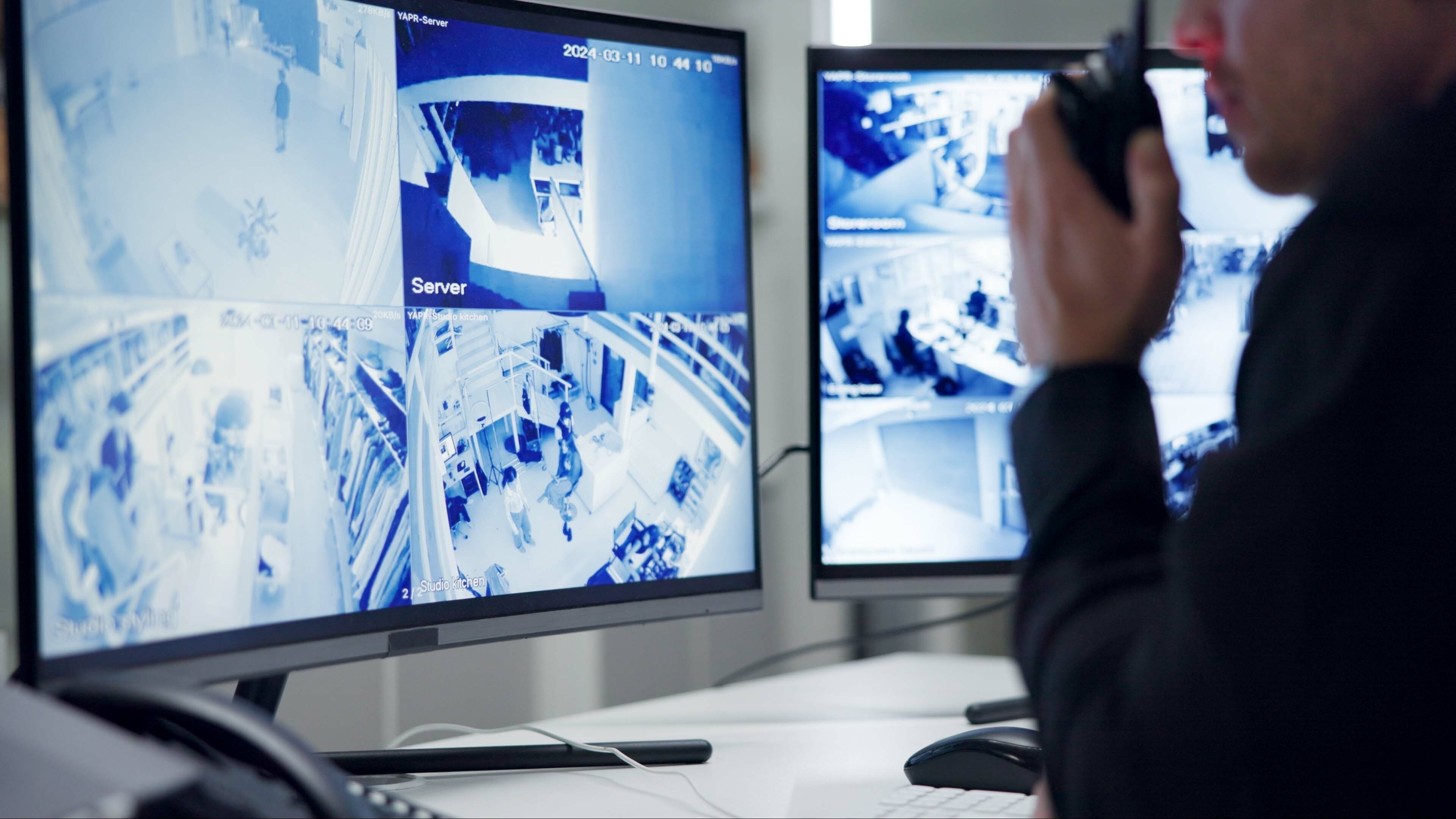
According to a TechXplore report, the South Korean Electronics and Telecommunications Research Institute (ETRI) announced that it has developed an AI monitoring system which could be a step towards a real life version of the Minority Report's "Pre-Crime" team. The system integrates CCTV footage, crime statistics, positioning data, and other data to look for signals and predict the chances that a crime would occur. This technology, called Dejaview, compares current environmental and social patterns and records of past criminal cases to forecast any potential crimes.
Dejaview uses two different technologies to predict the chance of a crime happening in a given area, says TechXplore. The first one analyzes historical criminal activity data and correlates it with other factors, for example location and time. If a particular area has multiple reports of crime happening late at night, the AI system would then mark it as a high-risk location in its crime heat map, allowing the police department in charge of the area to allocate more officers to deter potential felons.
By giving law enforcement a heat map of the area they cover, they could see potential crime hotspots in real time through the predictive crime map (PCM). This allows for better allocation of police officers and for more effective coverage.
The PCM is made from over 32,656 individual CCTV clips collated over three years from 2018.
Ultimately this should help the police to be more proactive instead of just reacting to events as they happen. If the data that the AI systems uses is actively updated, then it could track changes as they happen. If there is strong police presence in an area prone to crime, criminals might move to other areas to conduct their illicit activities. But if Dejaview can predict where that will happen, then law enforcement could stop crime from expanding to other areas.
Using AI to track individuals
However, Dejaview also uses another more controversial technology called ‘individual-centered recidivism prediction’. TechXplore says that it’s strictly only applied to individuals who are considered to be at a high-risk of committing another crime. The AI system would track the movements of these individuals and detect if they have violated their location restrictions (such as those under house arrest or on parole). But more than that, it could also determine if that particular individual deviated from their restrictions due to valid reasons (like work or an emergency). This AI technology could then analyze that person’s behavioral patterns and compute the chances that they will return to their criminal ways.
The researchers have already tested the system with the help of the Telecommunications Technology Association (TTA), and say that the PCM had a crime prediction performance of 82.8%.
The team aims to develop Dejaview as a safety-related system to be deployed in high-risk areas like airports, energy facilities, national events, and more.
These AI-powered CCTV systems will make it easier for police and law enforcement to not just control crime, but to prevent them from happening in the first place. However, there’s also the risk that this technology could be misused, by governments and organizations. So, there must be safeguards in place before this surveillance system on steroids could be deployed, and only the most trustworthy personnel should be entrusted with its operation.







